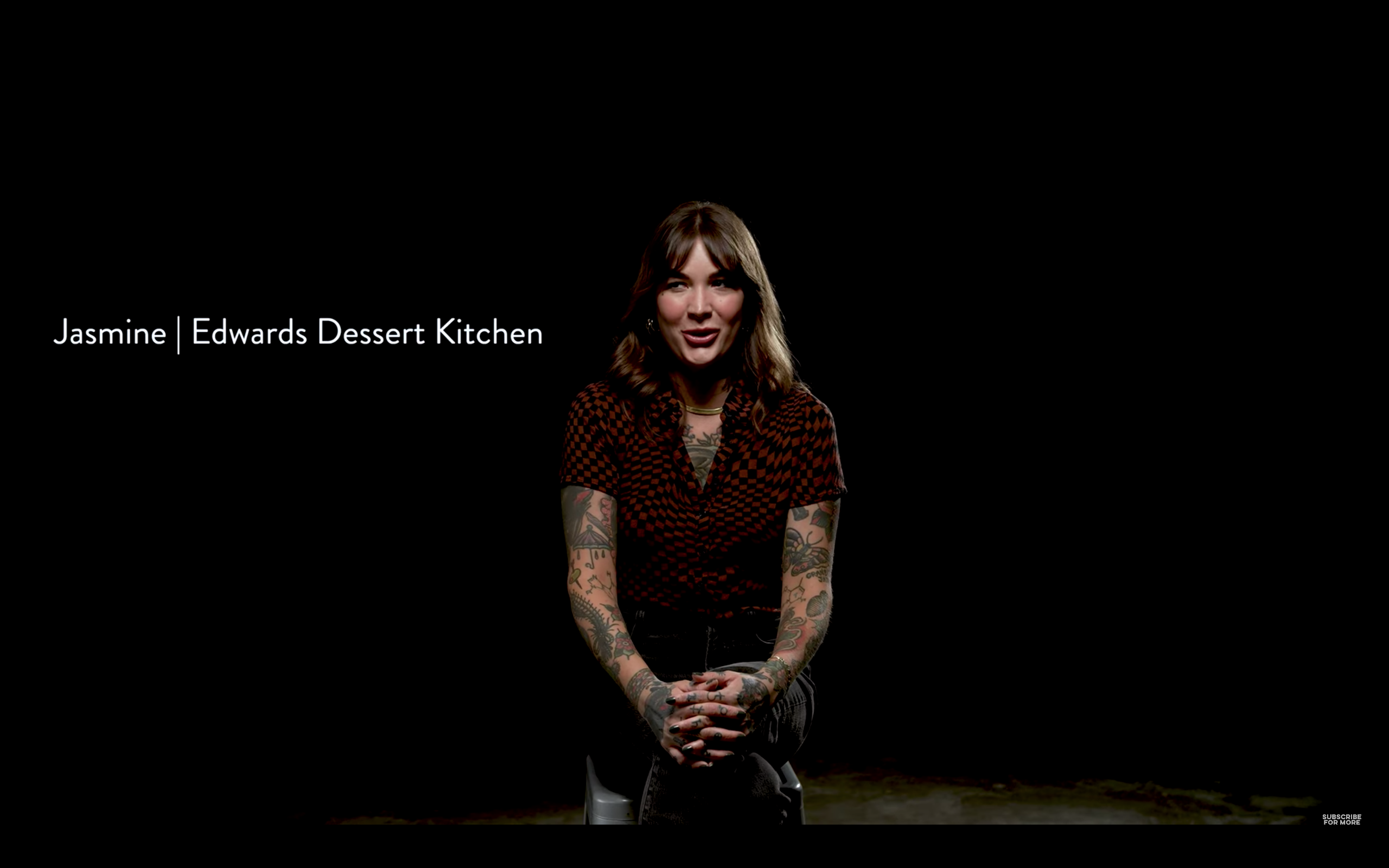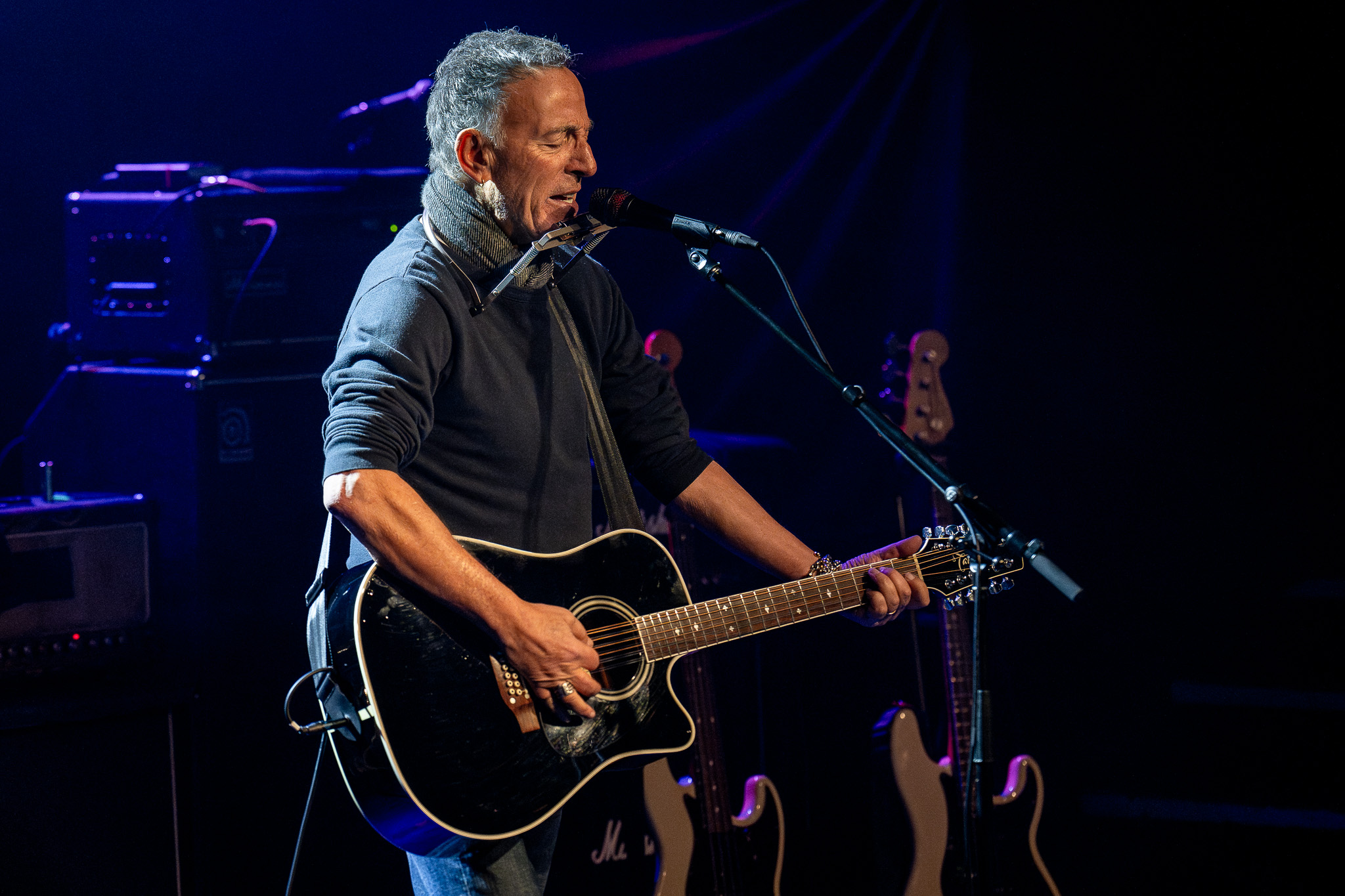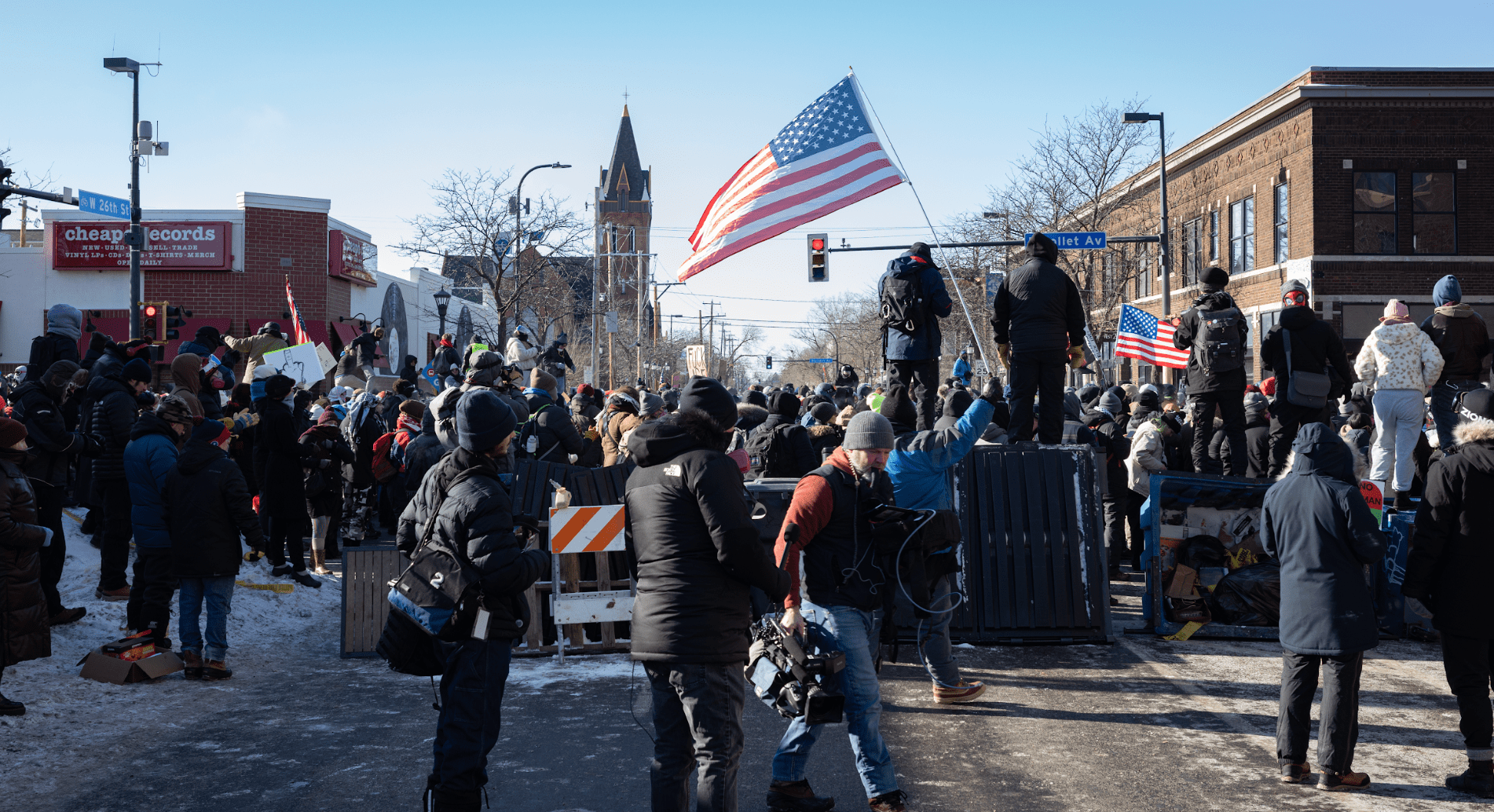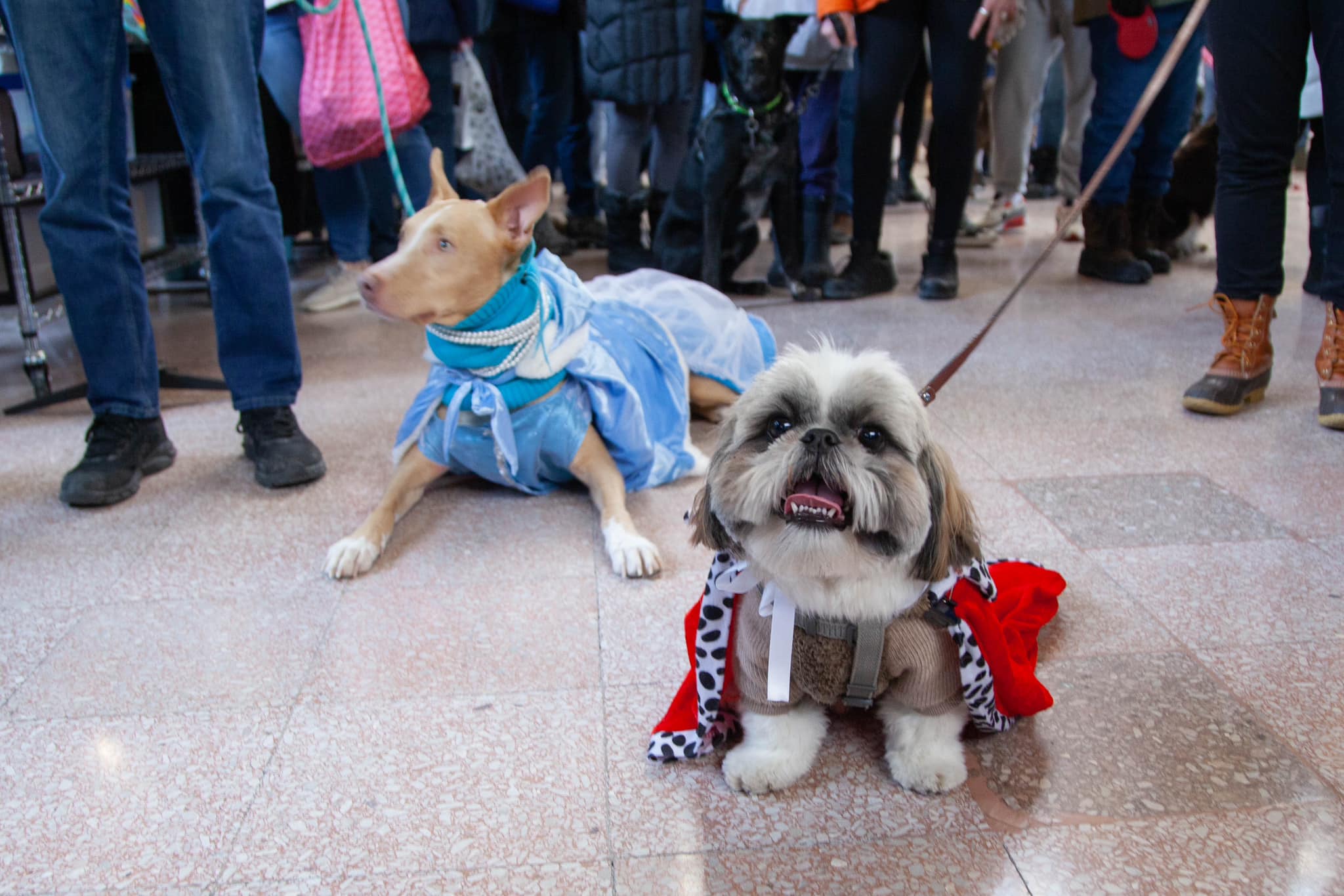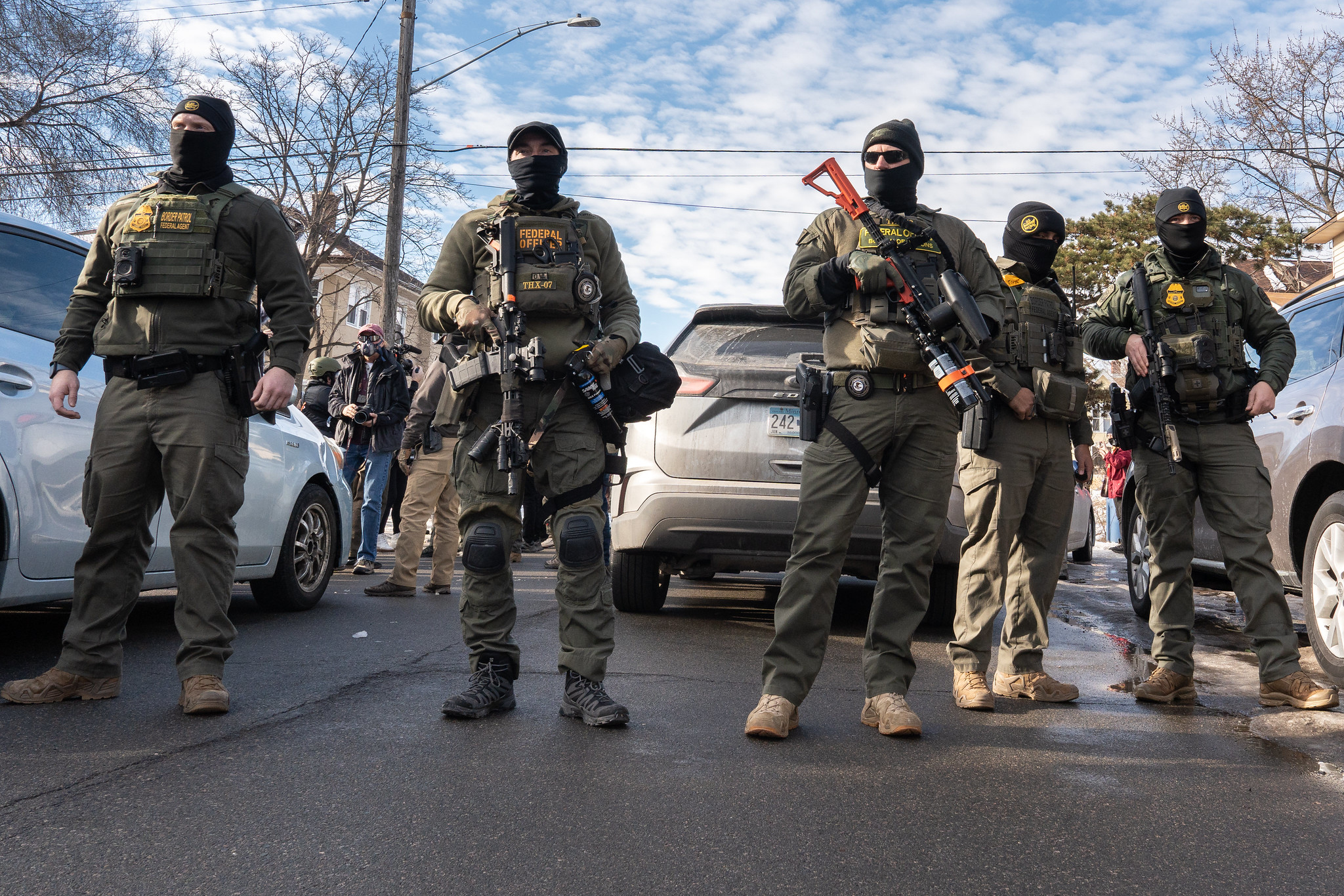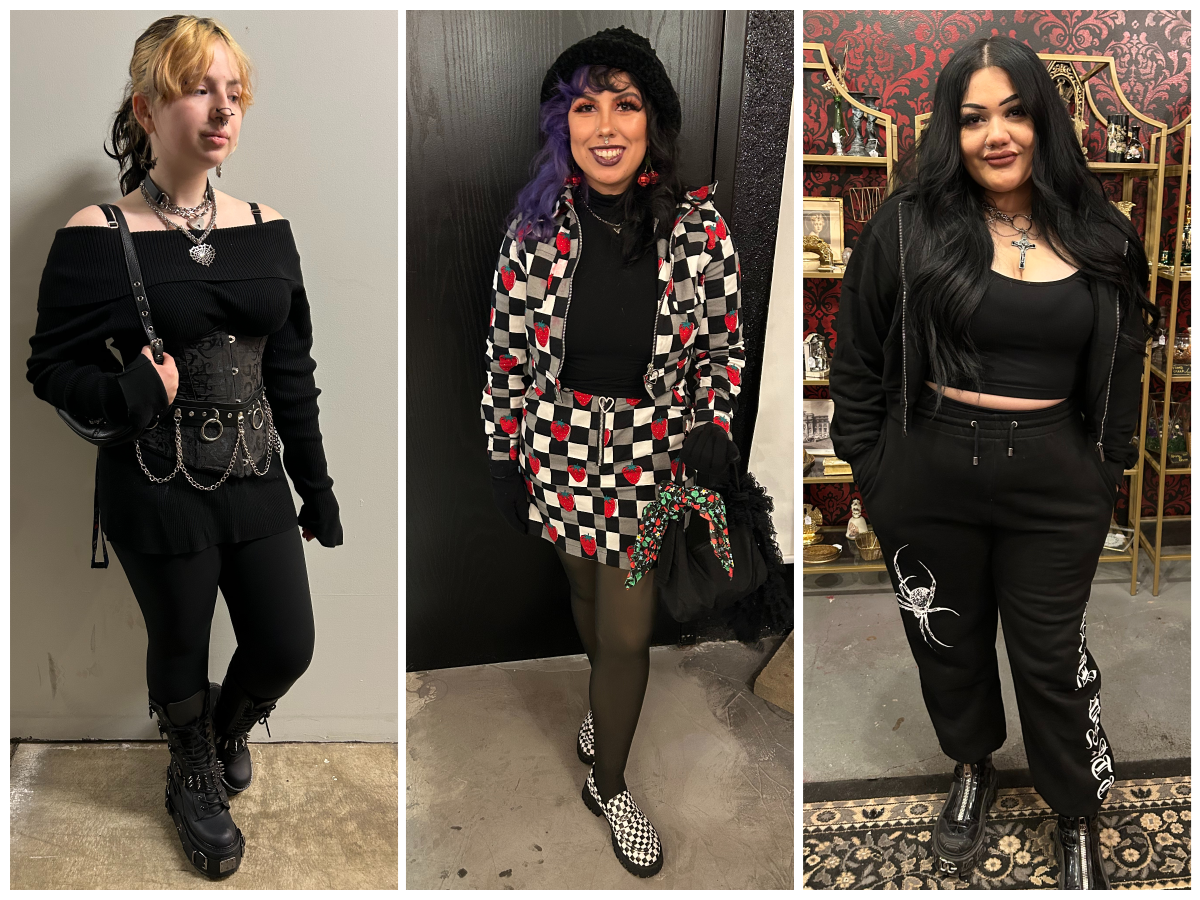In late 2020, Minneapolis-based filmmaker Alec Fischer embarked on what he thought would be a small, straightforward project: a short film about how Covid was impacting workers in Minnesota. Fischer figured he'd talk to friends in the service industry and healthcare space, interview a couple restaurant workers and nurses and teachers, and that would be that.
He thought, "Oh, I'll put the together into a short film, and it'll be like this 10-minute insight into what they're going through, peak pandemic."
Instead, what Fischer created was Covid Confessions, a multi-part docuseries about the pandemic that he's been releasing episodically on YouTube. He spoke to everyone from transit workers to Olympic and Paralympic athletes to drag performers, capturing a layered portrait of life during Covid. The series was nominated for last year's GLAAD Media Awards, and it helped Fischer make the Forbes 30 Under 30 list in the media category earlier this year.
The latest installment, which features local chefs including Sameh Wadi, Jasmine Weiser, and Jorge Guzman, just premiered at ShowPlace ICON at West End last month, where it was screened alongside Covid Confessions installments highlighting restaurant workers, grocery workers, and farmers. We caught up with Fischer after the event to talk about the the under-appreciated nature of food service jobs, the mental impact of rushing to put the pandemic behind us, and the catharsis of these conversations. You can watch the series on YouTube, and find a few episodes embedded in the Q&A below.
(This conversation has been edited for length and clarity.)
Take me back to when you started filming interviews for this series. Just from listening to what people were saying, you can tell were really in the thick of it.
Yeah, this was in late November, December 2020, so there still wasn't a vaccine available, there was still a lot of spikes happening with the numbers... very dreary. As I started talking to folks, it became really clear that people were just overflowing with what they wanted to share. And I realized the process of people coming in and filming was this really powerful healing mechanism, and processing opportunity, for a lot of workers. I was just like, "OK, we'll open this up, and I'll try to look at more people and more industries." I did it for 12 months—and at the end I had filmed, you know, 300 people. It was way bigger than I thought it'd be. It turned out there were themes, and one of those themes was food systems, and so the episodes that were screened at the June premiere were interviews that happened to be within the food system. It's kind of cool to look back now and see those themes emerging, but that was not the intention at all when I started.
As someone whose beat tends to be food and drink coverage, I was definitely experiencing or interpreting a lot of the pandemic through a food lens. But looking back, I've realized just how many of the daily disruptions everyone experienced were related to food.
Yes, and there were these really incredible parallels—like I'm interviewing farmers, and hearing from some of the farmers who supplied directly to the restaurants where I'd later interview the chefs. It was like, there's just this small-world connection that I think the general public just doesn't understand, where like, when one supply chain issue happens, everything's affected.
In terms of themes that kept coming up related to food and drink, what else were you seeing?
Well, it's kind of an obvious one, but grocery store shelves being empty, that impacted everybody, both publicly and in these industries where, you know, farmers were like, "Whoa, suddenly people care what we're doing." People were directly reaching out to farmers, and they couldn't handle the demand of that interest, but they were also feeling this excitement because they want to connect with consumers; they want people to understand where their food comes from. There was this negative catalyst, but it was this great opportunity to connect consumers with where food comes from. And then that carries over, obviously, into restaurants, where chefs can't get ingredients, or there's too many of one thing.
I think another one that was really interesting was that almost every person named that they didn't get into the industry to become a millionaire. Like, people generally don't become local farmers because they want to make millions; people generally don't become chefs because they want to build an empire of restaurants. Sometimes it happens, but I think every person named the passion they have for what they do and just the innate struggle to have to perform a passion for money in a system where it's so all over the place. Even the grocery workers—at the premiere, one of the grocery workers on the panel that we did at the end of the screening talked about how grocery is their passion. People kind of think of grocery clerks or grocery workers as a low-end job, and they're up there sharing, "I've done this for 10 years. I absolutely love what I do, and it's an honor to be able to serve people their food in this way."
There's power in, I think, these jobs literally feed us. We need to put more importance, as a society, onto the people who do these things, and recognize that all of them have passion for what they do.
I got the sense, listening to these people talk in the documentaries I've watched so far, that this was very therapeutic for the people you interviewed. Did you feel that way during your conversations?
I did, and that was something I didn't expect when I started it. It became just such a natural piece of each interview moving forward. As a storyteller, you want the work you're doing to have an impact on the people you're collaborating with and telling the story of. And probably 70-80% of the people I interviewed reached out after and were like, "I haven't shared that with anybody. Like, not even my family. That was such a weight that I didn't know I was holding." I think for a lot of folks, they felt comfortable breaking down, or being vulnerable in a way they hadn't allowed themselves to. And it was kind of cool seeing some of these chefs who came into the interview space a little more cold, or they had their walls up, and by the end they're crying with me. These are folks you can tell are very used to having it all together, and presenting that they have it all together.
I published another episode earlier this year on religious leaders, where I mean, these leaders who are well-known statewide, and sometimes nationally, are telling me they almost gave up their faith. I mean, we just don't have those conversations, normally, with people who are leaders in their community. There was something really powerful about the space that was created, where people felt comfortable being that vulnerable and honest. And the work that went into building that trust was immense, behind the scenes.
One thing I really appreciated about the series is how many workers you highlighted—people who were really on the front lines. In food and drink especially, we spend so much time talking to chefs and restaurant owners, it can feel like too often that's where the conversation begins and ends.
Well, and the other cool thing that was unintended, was like, at the June event, we had the Minnesota Department of Agriculture present, we had the Minnesota Farmers Union there. These farmers are able to share: "We didn't get state funding. We weren't eligible for federal funding because we're an urban farm in north Minneapolis. We didn't qualify for this." Janssen [Hang] from the Hmong American Farmer's Association, was like, "Hmong farmers are federally recognized. They still were not eligible for federal aid. That's a system gap." I think it was really cool to have those people in the audience.
I thought about that with the timing of the release event last month at Showplace ICON, too. I think a lot of people are ready to put the pandemic behind them. There's the pressure to get back to the office, get back to "normal." Re-visiting these conversations from a really stressful time that is not that far behind us felt like an opportunity to remember how recent it all was, and to talk about some of the injustices that are still impacting people.
Yes! And that's a frustrating element to this, even doing outreach for the premiere. I joke with folks that like, I filmed for 12 months, and I could even see a shift through those 12 months of people wanting do dissociate, and wanting to just be done. By August into the fall of 2021, the majority of people I reached out to were just like, "You know, I just don't want to talk about it anymore." Compare that to January 2021, way at the beginning of when I started filming, when people were like, "I just need to tell somebody, because I'm bursting, and no one is listening to me." You could just see the shift in tone. I think it's been interesting as well, to see the public perception when I release the episodes, or when I have these premieres, where a lot of people are like, "That's cool! I'm not going to watch, but thank you."
When they sit down and watch, though, they have this extremely cathartic emotional experience. We've had three premieres with different episodes over the last three months, and everyone who attended one of those in person—the feedback we got, from 100% of the people who submitted feedback, was, "That was processing I didn't even know I needed." I think we need it, we just don't know, or don't want to know, that we need it.
This is a complete aside, but I remember watching the season one finale of How to With John Wilson, where, when he started filming it was not Covid, and then it slowly creeps in in those early days as things are shutting down. The fear, the uncertainty of that time—watching it made me have a physical reaction. Like, I clearly have not processed... any of this.
I've been seeing—and this is also a mini-tangent—rates of psychosis and episodes of psychosis are accelerating. The rate of people experiencing complex symptoms of PTSD is accelerating. And we as a population are not equipped to address or understand what's happening on this massive scale. That makes sense, right? Because this has been, like, a collective, traumatic experience. It's such a disservice to the world and to us as humans to like, push past it and not try to heal in some way. People don't know how to heal, and don't have the tools to start those exploration journeys, and so they don't. It's kind of like, how do you start? And hopefully this series can be part of that process.
